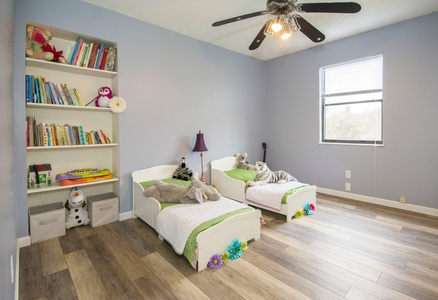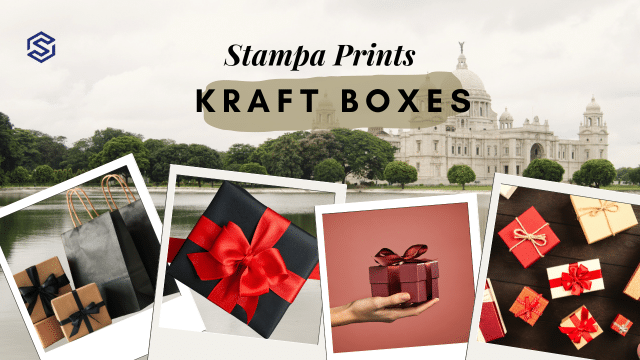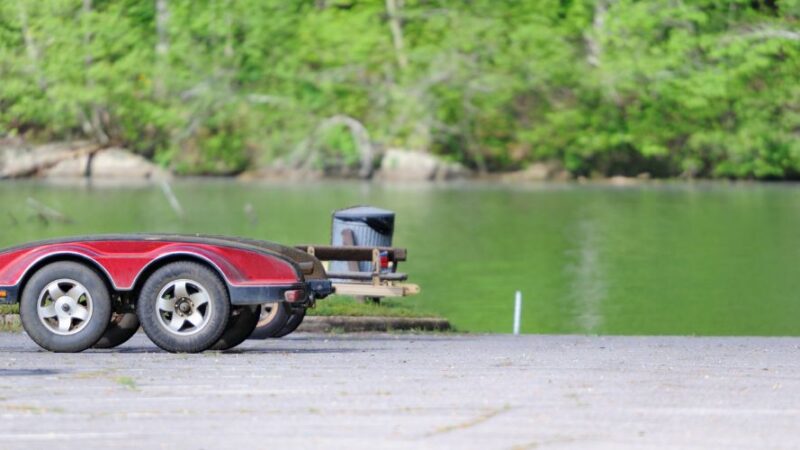How to Choose the Best Waterproof Floor Coating for Your Space?

Have you ever wished to have flooring that would not be damaged by spills and splashes? Or, perhaps you have been keeping up with moisture issues in your basement. Waterproof floor coatings are an amazing alternative which provides you with an endurable, easy-to-clean design. It can withstand all that your life can throw at it.
A lot of choices however also come with a difficult decision as to which floor coating is the best. This blog aims to provide you with all the necessary information that will enable you to make the right floor coating selection for your space.
The Right Fit for Every Room
Thinking about the particular area you’ll be renovating should be your first step. Every region has different requirements. For example, a kitchen that has a lot of foot traffic requires a coat that can hold up to constant wear and tear, on the other hand, a bathroom prioritizes slip resistance.
- Basements: Damp Problem? A waterproof feature is a must-have! Search for choices that are made just for the issue of moisture and if possible for water flow.
- Bathrooms: Accidents with spills and splashes are common. Here, slip resistance is one of the most important things. Consider a coating with a textured finish for an added safety purpose.
- Garages: From an oil spill to a scraping tool and extremely high temperatures, the garages are subject to severe damage. Choose a coating that is highly durable and chemically resistant.
- Laundry Rooms: Washing machines tend to create a very humid indoor environment. Using a waterproof and cleanable coating will make your laundry room maintenance quick and stress-free.
Heavy Traffic or Quiet Retreat?
After that, consider the traffic intensity the floor is expected to withstand. High-traffic areas such as the kitchen, hallways and laundry rooms require coatings that can withstand frequent use. For these areas, epoxy or polyurea coatings are great options since they are quite durable.
On the contrary, a more conventional coating is enough in low-traffic areas such as master bedrooms or guest bathrooms. Acrylic coatings offer a budget-friendly option, offering a water-repellent and beautiful surface.
Aesthetics: Beauty Meets Functionality
Who says functionality and beauty can never go together? Waterproof floor coating comes in a variety of finishes to support the design concept that you want.
Colour Splash: These solid colours provide a sleek, contemporary appearance while remaining traditional and neutral.
Flair for the Fancy: If you want to visually embellish your walk, coatings using coloured flakes or chips would be a good choice. These liven the look of the floor, beautifying it with the camouflage of minor flaws in the subflooring.
Gloss vs. Matte: The gloss of the coating surface also corresponds to the look of the coating itself. Glossy surfaces help us get the overall bright and airy impression, and matte ones provide the “quiet” look.
Spending Smart on Your Favourite Flooring
Well, cost is always a key consideration. Coating prices for a waterproofed floor vary and are determined by the material, durability, and desired finishes.
- Epoxy coatings are usually medium-priced, offering the features of a worthwhile choice.
- While polyurea coatings are very durable they have higher costs.
- Polyaspartic coatings belong in the middle, they have faster curing time and an appealing look but they are somehow a medium-price solution.
- An acrylic coating is the most appropriate in terms of price, but it may need to be reapplied more often.
Popular Coating Options for Waterproof Floors
After taking into account the important variables, let’s examine some of the most often-used waterproof floor coating choices. We’ll examine the advantages and disadvantages of each kind so you can decide wisely.
-
Epoxy Coatings
Epoxy coatings have long been a trusted choice for waterproof flooring. They are renowned for their:
- Exceptional Durability: Epoxy forms a rock-hard bond with the subfloor, creating a surface that can withstand heavy traffic, impacts, and abrasion.
- Chemical Resistance: Say goodbye to worries about spilt cleaning products or paint. Epoxy coatings are highly resistant to a wide range of chemicals, making them ideal for garages, workshops, and even laboratories.
- Customizable Appearance: Epoxy doesn’t have to be boring! You can choose from a vast array of solid colours, or even opt for decorative finishes that incorporate flakes or chips for a unique look.
However, epoxy coatings also have some drawbacks to consider
- Slippery When Wet: Epoxy can become slick when wet. If slip resistance is a major concern, especially for bathrooms, you might want to explore textured finishes or add anti-slip aggregates to the coating.
- Long Curing Time: Epoxy takes longer to cure compared to some other options. This means you’ll need to wait a day or two before using the floor again.
- DIY Difficulty: While DIY epoxy kits are available, successful application requires careful preparation and following specific instructions. For large areas or complex projects, hiring a professional installer might be the best course of action.
-
Polyurea Coatings
If you prioritize fast cure times and supreme durability, polyurea coatings might be your perfect match. These high-performance coatings boast several impressive qualities:
- Rapid Curing: Unlike epoxy, polyurea cures in a matter of hours, minimizing downtime for your project.
- Unmatched Strength: Polyurea is incredibly tough, making it ideal for industrial settings or areas with heavy machinery traffic.
- UV Stability: Sun exposure won’t be a problem with polyurea. This makes it a great choice for outdoor applications like patios or balconies.
While polyurea offers undeniable advantages, there are a few things to keep in mind
- Higher Cost: Polyurea tends to be more expensive than epoxy coatings.
- Professional Installation Recommended: Due to the specialized nature of the material, polyurea is typically best left to professional applicators.
-
Polyaspartic Coatings
Polyaspartic coatings offer a compelling blend of desirable qualities:
- Fast Cure Time: Similar to polyurea, polyaspartic coatings cure quickly, minimizing disruption to your daily routine.
- Excellent Chemical Resistance: Like epoxy, polyaspartic coatings hold up well against harsh chemicals and stains.
- Visually Appealing: These coatings come in a wide range of colours and can achieve a high-gloss finish, creating a visually stunning floor.
However, polyaspartic coatings also have some limitations:
- Requires Meticulous Preparation: The subfloor needs to be meticulously prepared for the successful application of polyaspartic coatings.
- Moderate Cost: While not as expensive as polyurea, polyaspartic coatings are generally more costly than epoxy.
-
Acrylic Coatings
For a budget-friendly option, acrylic coatings are worth considering. They offer several benefits:
- Easy Application: Water-based acrylic coatings are relatively easy to apply, even for DIY enthusiasts.
- Low Odour: The water base also translates to minimal odour during application, making them a good choice for areas with limited ventilation.
- Wide Colour Selection: Like other options, acrylic coatings come in a variety of colours to suit your taste.
However, keep in mind that acrylic coatings come with some trade-offs
- Lower Durability: Compared to epoxy or polyurea, acrylic coatings are less durable and may scratch or chip more easily. They might not be the best choice for high-traffic areas.
- More Frequent Recoating: Due to their lower durability, acrylic coatings may require more frequent reapplication to maintain their waterproofing properties.
Preparing Your Floor Ready for Waterproof Transformation
Surface Preparation is Key
The long-term quality and efficacy of the application are significantly impacted by the proper surface preparation, regardless of the kind of coating you choose. The subfloor typically has to be well cleaned, any residue or coatings removed, and it must be made sure it is dry and flat.
Etching the concrete may be necessary in certain cases when applying the coating. This provides a better bond. Make sure you carefully check the manufacturer’s guidelines for the coating you want to apply carefully, as they may have individual requirements.
Safety Precautions
Do not forget that safety should be a priority! While working with any waterproof floor coating, be sure to observe the safety instructions from the manufacturer. Such might be making use of gloves, eye protection, and also a respirator to ensure that you do not inhale fumes. Always provide for proper ventilation of the work area.
Environmental Regulations
The VOC (volatile organic compound) level of certain paints may be subject to regulations in your area. A significant cause of air pollution is VOCs. To find out if the coating you choose complies with any environmental laws in your area, get in touch with the building code or local authorities.
Conclusion
The choice of proper waterproof floor coating makes you own a beautiful yet functional sanctuary. By taking into account the factors above and checking what is available, you can identify a coating which is tailor-made to your needs and pocket. Plan and prepare a little and you will already enjoy watertight, easy-to-maintain floors for long years ahead.
Read more article on Mirror Eternally






